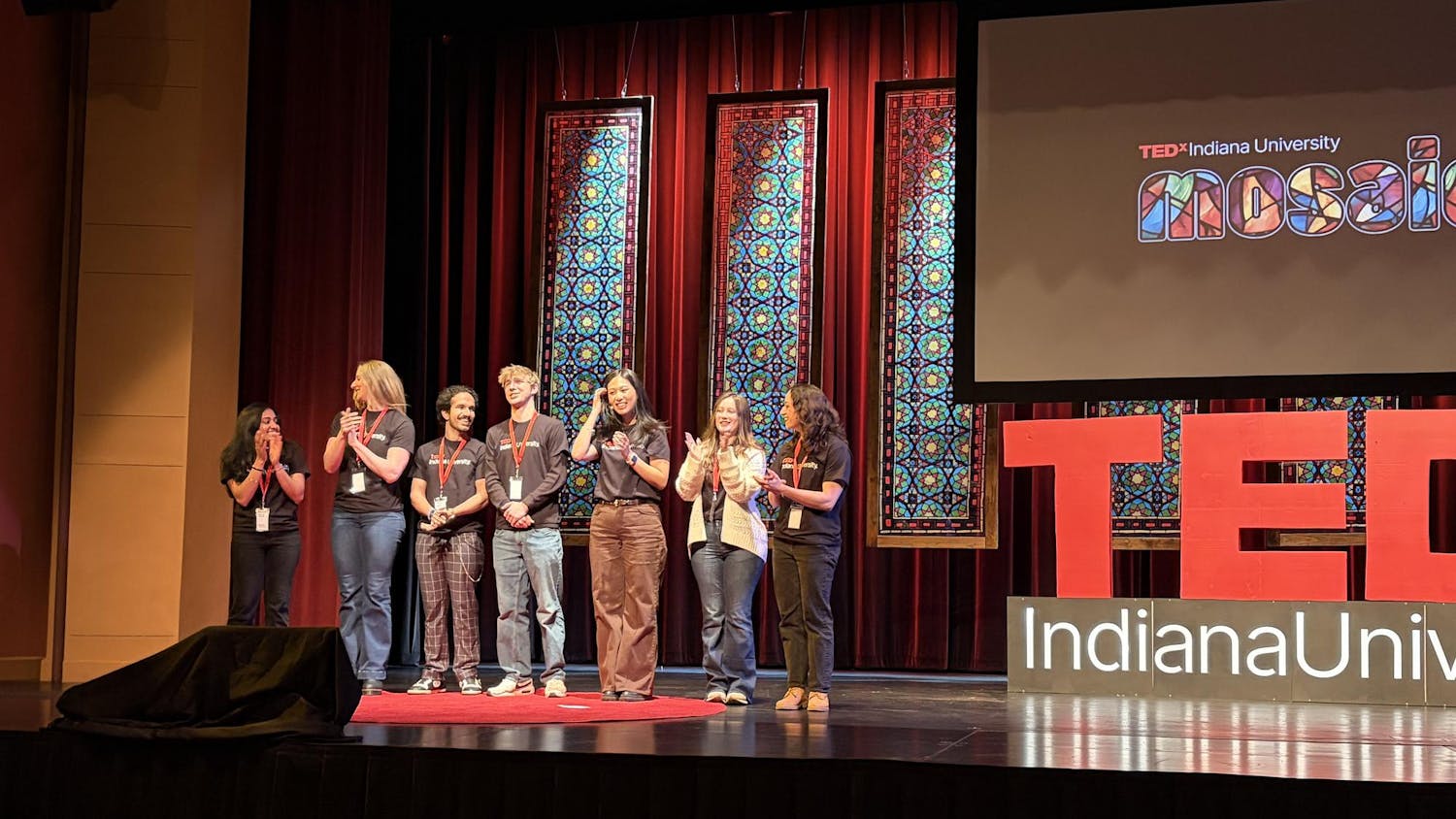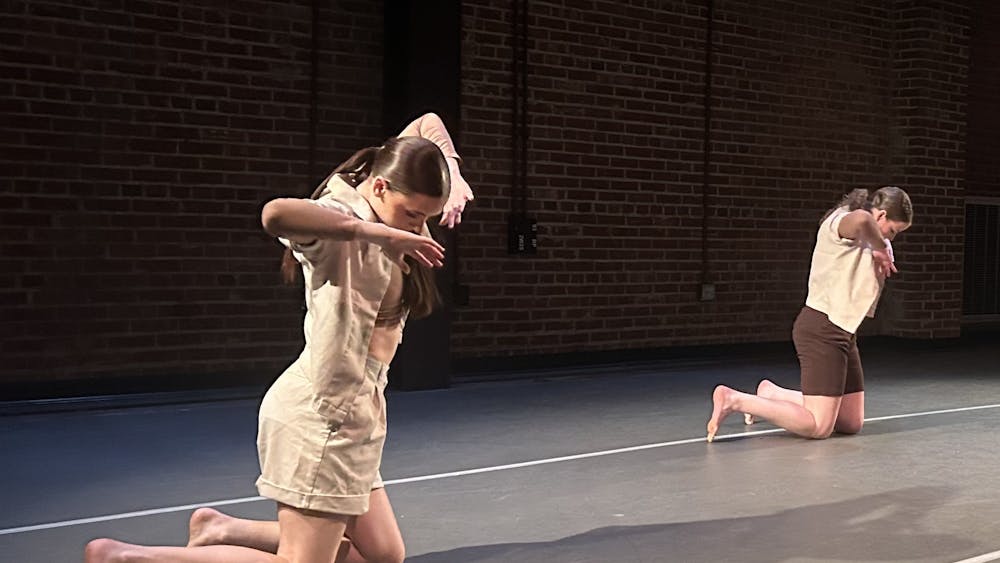For whatever reason, I have never read a book of short stories before. That changed this week when I picked up Ted Chiang’s “Stories of Your Life and Others.”
The only thing I knew going in was that one of the stories was the basis for the 2016 mystery and science fiction film “Arrival,” starring Amy Adams and Jeremy Renner.
The first story, “Tower of Babylon,” revisits the story portrayed in the Bible. The main character, Hillalum, is a miner who is sent to the Tower of Babylon, which has been under construction for several hundred years.
He and his companions are trying to reach the Vault of Heaven to be one with Yahweh. However, the farther up Hillalum goes, the more he doubts they will ever reach the vault. What he finds at the end of his journey is not what he expected.
As the first story, this one was a little difficult to jump into. However, it was interesting to read a story that has been told countless times in an original way.
The second story, “Understand,” proved a slightly easier read. In this story, a man who has suffered a terrible accident is given an experimental drug that ultimately enhances his intellectual abilities.
Convinced the CIA is after him, he starts living on the run. His intelligence allows him to hack into computer systems and trick his pursuers. He is able to make money to support his life on the run by simply observing the body language of investment bankers on Wall Street and investing in stocks.
The story reaches its climax as the man discovers there is another test subject who has the same level of intelligence as him. The story is fast-paced and is an easy read despite the protagonist’s use of scientific terms and intellectual language.
I won’t outline the plots of every story in the book, but these two provide some insight for prospective readers. Fans of science fiction will take each story in stride, but even those who don’t exactly love the genre will likely find them fascinating.
Each story is completely different, but they all deal with the larger theme of knowledge. Although reading a book of short stories sometimes feels disjointed, Chiang makes readers wonder what he has next for them. I had no problem finishing one story and going straight on to the next.
With short stories it can be even more difficult to find the correct pacing. Obviously, the pacing should be quicker than a full-length novel, but part of what makes Chaing’s stories so compelling is that they keep readers wondering what will happen next because of their quick pacing throughout the entire story.
I would recommend this book to anyone with a curious mind. Chiang explores not only the theme of knowledge, but also perspective and what happens when humans come to know too much.
Although engaging, I wouldn’t really recommend this book for a spring break read. Hopefully with the week off, I’ll be able to finish another book and have another review out the Wednesday after next.
kchrisco@ius.edu





